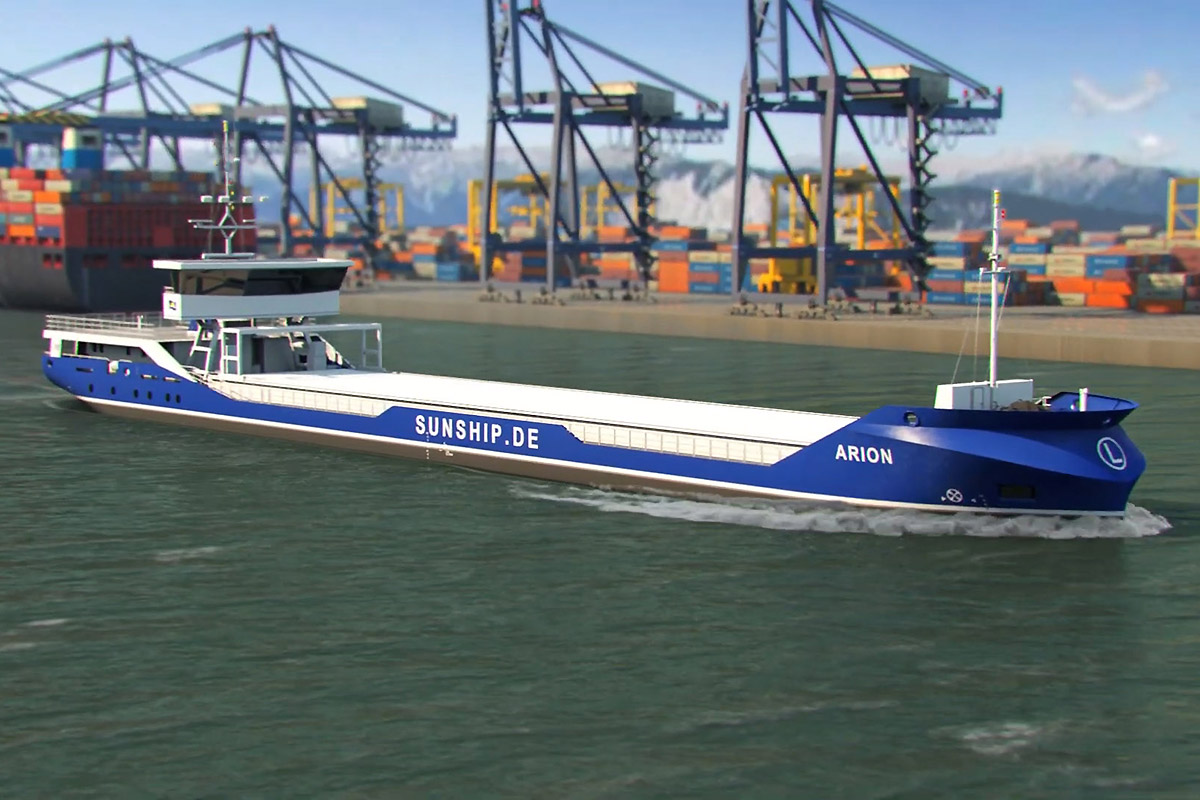PIE: A marked slowdown in industry in the coming months
Entrepreneurs report increasingly weakened sentiment. There is a clear slowdown in industry in the coming months; the end of the year will bring results close to stagnation, said analysts at the Polish Economic Institute commenting on Thursday’s PMI data.
S&P Global reported on Thursday that Poland’s manufacturing PMI for August was 40.9 points, up from 42.1 points in July.
“Entrepreneurs are reporting increasingly weakened sentiment. In the coming months, we are facing a clear slowdown in industry – the end of the year will bring results close to stagnation. A major threat is rising energy prices,” – was assessed in a commentary by the Polish Economic Institute (PIE).
It noted that S&P Global, which is currently compiling the index, pointed to low ratings among both future orders and current production. Employment ratings are also weaker.
“The slowdown is hitting small and medium-sized companies the hardest. So far, these companies are reducing their capacity utilisation the most and are also facing rising costs to the greatest extent. Decreases in orders are being recorded above all for companies in the furniture, metal processing, chemical or electronics supplier industries,” – The PIE commentary added.
The Institute’s economists said they expect a marked slowdown in industry in the fourth quarter.
“The outlook is further exacerbated by rising energy prices and concerns about power outages during the coming winter. Therefore, we expect meagre growth in industrial production in November and December – results will be close to around 1.5 per cent year-on-year. Reduced industrial activity will result in lower price growth,” – PIE indicated.
S&P Global’s commentary on the survey indicated that August was another challenging month for Polish manufacturers. “Both production and new orders fell at the fastest pace since the first coronavirus wave in 2020. Entrepreneurs still not optimistic about future business activity reported further job cuts. According to the companies surveyed, high inflation weakened manufacturers’ purchasing power and sales fell in domestic and overseas markets. Some encouragement was provided by a slowdown in the growth rate of production costs and finished goods prices,” – the commentary wrote.
The deteriorating industrial outlook is also highlighted by ING BSK providing its commentary on the PMI news.
“The industrial outlook has deteriorated, with uncertainty over the impact of the energy crisis on the level of industrial activity in Europe negatively affecting the health of the domestic industrial sector,” – ING BSK bank economists wrote in a commentary on the PMI data on Thursday.
S&P Global reported on Thursday that Poland’s manufacturing PMI for August was 40.9 points, up from 42.1 points in July. As ING BSK economists pointed out in a commentary on the PMI data, apart from the pandemic period, this is the lowest result since the financial crisis.
“Both manufacturing assessments and new orders fell at the fastest pace since the first wave of Covid-19 (May 2020). Companies surveyed indicate that high price increases have weakened customer demand. Export orders also fell for the sixth consecutive month.” – ING BSK’s commentary indicated.
It added that surveyed companies indicated that the rate of cost growth was the lowest in 21 months and finished goods prices in 19 months, although both indicators remained at historically high levels. Companies were still forced to pass on rising prices to customers despite weaker demand.
“Lower production and fewer orders led to the sharpest reduction in purchasing activity for Polish manufacturers since June 2020, with companies trying to use inventories (3rd month of inventory reduction). Such a trend also seems to be confirmed by, among others, balance of payments data, where we can see weakening imports of components and raw materials. Surveyed companies also reported a further deterioration in employment ratings (third consecutive month of decline in FTEs). Some companies declare that they are not replenishing staff shortages, while others speak of layoffs. Available CSO data on employment in the corporate sector so far do not indicate a decline in employment in the manufacturing sector,” – ING BSK’s commentary stated.
The bank’s economists assessed that the PMI results confirm the weakening economic situation in manufacturing industries. This is confirmed by data from the beginning of Q3 2022, indicating the weakening of the previous locomotives of Polish industry. At the same time, tensions in supply chains are easing and cost pressures are no longer escalating, although they remain high.
Source: PortalMorski.pl




